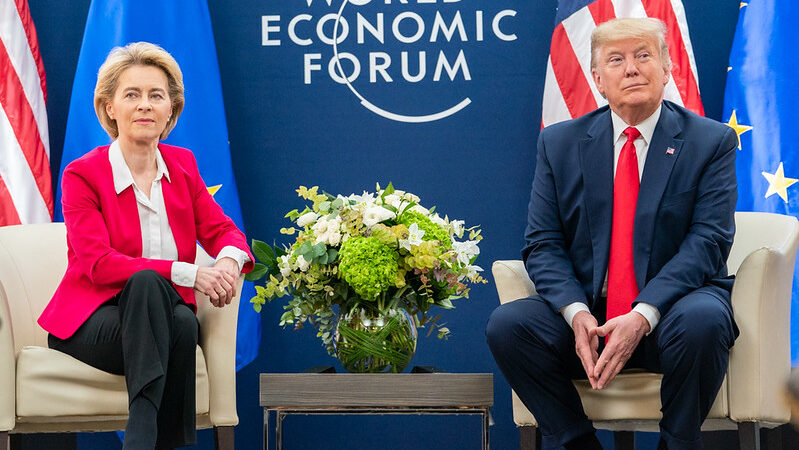
Over a hundred protesters gathered outside the embassy of the United States in Lebanon's Awkar on Saturday demanding the implementation of United Nations Security Council Resolution 1559. Army and security forces deployed heavily in the area and blocked the road leading to the embassy with barbed wire, said the Lebanese National News Agency (NNA).
By Arthur Blok
The demonstrators raised the Lebanese and American flags, and delivered a “thank you” letter to the embassy representative for the American stances in support of Lebanon and its army. They called on the US to "assist in implementing international resolutions, especially 1559,” added NNA.
UN Resolution 1559 and Cedar Revolution
UN resolution 1559, adopted on 2 September 2004, supported free and fair presidential elections in Lebanon and called upon remaining foreign forces to withdraw from the country. The resolution was sponsored by France and the United States. The cooperation between the two countries was seen as diplomatic breakthrough at the time concerning Middle Easters affairs, compared to their earlier bitter disagreement over the 2003 invasion of Iraq.
It called upon Lebanon to establish its sovereignty over all of its land and called upon "foreign forces", Syria, to withdraw from Lebanon and to cease intervening in the internal politics of Lebanon. The resolution also called on all Lebanese and non-Lebanese militias to disband and declared support for a "free and fair electoral process".
The resolution, and the international support in entailed, was one of the main pillars of the Cedar Revolution a year later. The revolution was a chain of demonstrations triggered by the assassination of former Lebanese Prime Minister, Rafik Hariri. The primary goals of the activists were the withdrawal of Syrian troops from Lebanon and the replacement of a government heavily influenced by Syrian interests with more independent leadership, the establishment of an international commission to investigate the assassination of Hariri, and the organisation of free parliamentary elections.
Independence Day
The sit-in came in line with the US Independence Day. “There is no salvation for Lebanon except by dissolving and disarming the militias, restricting weapons to the army, restricting the decision for war and peace to the state, and extending its authority over all Lebanese territory,” they said.
On Twitter, the US embassy said: “Thank you to the group of Lebanese that made our Independence Day special by gathering to express appreciation to the U.S. for its ongoing partnership and support for Lebanon’s security, humanitarian, and development challenges.”
Similarly, US Ambassador Dorothy Shea shared her wishes on Independence Day saying: “The US was founded on the ideals of equality and opportunity for all. Our declaration of independence and our constitution enshrine these basic rights. This year as we celebrate our independence, let us all reflect and renew our efforts to achieve a more perfect union,” she said.
Protests
At various other locations in the country protesters blocked major roads Saturday as Lebanon's economic crisis worsens. Demonstrators are fed up with the institutionalised corruption, the economic malaise and hyperinflation of the currency.
The Cabinet is set to meet next week at Baabda to tackle several pressing issues listed on the agenda including the electricity file, amid fears the country would plunge in darkness over a fuel shortage. The government is also set to discuss auditing the central bank’s accounts amid divisions on the chosen foreign firm, Kroll, and allegations it might leak information to Israel.
The recent resignation of the director general of Lebanon's Finance Ministry, Alain Biffani, is also on the table of the Cabinet, in addition to the increase in the price of bread which drew the ire of Lebanese. Bifani was on the team negotiating an emergency bailout from the International Monetary Fund. He resigned from his post late in June amid a rapidly worsening economic and financial crisis.
(with agencies)





